In 1972, Trent launched the very first undergraduate program in Canadian Studies. Since then, the study of Canada has been a focal point of the university’s identity. As part of Trent’s Canadian Studies 50th anniversary celebration, a live Trent Radio interview of CBC Thunder Bay radio host, Trent alum, and former CBC-Gzowski intern Jonathan Pinto took place this past Wednesday February 8th at Catharine Parr Traill College’s Bagnani Hall. The event was facilitated by the Principal of Traill College, Dr. Michael Eamon. Arthur had the opportunity for a brief one-on-one, pre-event chat with Pinto.
The main interview began with some humorous banter regarding anxiety for both Pinto and Eamon - as Eamon doesn’t usually conduct interviews and Pinto is not ordinarily the interviewee. As a Trent student, Pinto was affiliated with Lady Eaton College but spent a lot of time studying at Traill – especially in his final year. Pinto, now thirty-four, describes himself as a journalist from Peterborough who is passionate about public broadcasting, food and municipal policy.
Pinto began his undergraduate degree in Canadian Studies at Trent in 2006, but since his mom had worked in administration for many years, he had spent a lot of time on campus as a child. In many ways, Pinto considers himself to have grown up at Trent and has always felt very comfortable there. One might even say that the Ron Thom architecture of Trent’s grounds was his childhood playground.
As a teenager, Pinto would often read Arthur newspaper and was interested in student life and community issues - long before attending Trent. Throughout his undergraduate degree, Pinto wrote for Arthur as student journalist and restaurant critic, which was likely inspired by his father’s career as a chef.
“Arthur's one of the best student newspapers out there (obviously and without bias) - my time as a student columnist for Arthur was super helpful” – Jonathan Pinto.
Pinto’s love of food and community would continue when he later wrote a local food column for the CBC in Windsor as well as a cookbook - The Best of Windsor Cookbook, with over ninety recipes from the region’s chefs and farmers. If you’re ever in the area, Pinto recommends trying a Windsor-style pizza, which features shredded pepperoni, canned mushrooms, and other locally sourced ingredients.
Earlier this week, Pinto also took part in another on-campus event at Lady Eaton College called Decolonizing Curry, a panel discussion about deconstructing the history of curry, the concept of authenticity, as well as how food influences personal and cultural identity. The event was held along with a competition and curry tasting. Pinto, whose family is from India, described curry as contentious in that it has many conflicting meanings – there is no Indian word for curry, he said, nor is there such a thing as curry powder.
When asked why he chose to study Canadian Studies at Trent, Pinto said that like many Trent undergrads, that he really had no idea what wanted to do vocationally, but knew that he loved politics, history, and culture. The interdisciplinary education of the Canadian Studies program, Pinto felt, really prepared him for a career in journalism.
While Pinto has worked in various positions for the CBC as a journalist, technician, producer, director, and host for more than ten years now, he does not have a journalism degree, but rather a Master’s in Urban Planning. It’s not a planned journey, Pinto explained, when you go to university, you might think you have a plan, but it doesn’t always work out that way.
“There's always the question: to become a journalist, do you need to study journalism? The unique (and beautiful) thing about the Gzowski Internship is that they actually want students that don't have a journalism background - they want people with different experiences (and diverse backgrounds)” – Jonathan Pinto.
Pinto graduated with a degree in Canadian Studies from Trent University in 2010, he then immediately began as an intern at CBC Radio in Toronto, after being awarded the competitive CBC-Gzowski Internship. Pinto continued at the CBC as an associate producer, while completing a master's degree in urban planning at the University of Waterloo. Eventually, he would learn how handy it would be to have an urban planner in a newsroom.
When asked why he decided to apply for the CBC-Gzowski Internship, Pinto said that he had listened to and watched a lot of CBC programming growing up and that he had always loved both the musical and storytelling aspects of radio. After completing his first terrifying first week of intense internship training, Pinto got to choose which CBC programs he wanted to work with, which gave him an appreciation for how different and unique each production was.
In 2012, Pinto’s work with the CBC brought him to the city of Windsor, where he worked as an associate producer and studio technician/director for CBC's Windsor Morning. In 2017, he became the Windsor reporter/editor for Afternoon Drive, CBC Radio's regional afternoon show for southwestern Ontario. Most recently, Pinto moved with his family to Sudbury, where he hosts Up North, CBC's regional afternoon show for northern Ontario. One of the great things about being a radio host, Pinto joked, is that no one recognizes your face – although it’s kind of weird being recognized by your voice.
Pinto remembered experiencing some culture shock in moving from the big border city of Windsor to the much smaller and remote Sudbury, especially since it was during Covid, which restricted his family's travel options. Overall, however, he described his life in Sudbury as both fantastic and fascinating with the many trees as pleasant reminders of Peterborough. Pinto regards his new Northern home as an incredibly diverse place with a rich history of mining and Indigenous culture. He described his listeners as a very passionate (and responsive) audience. He has recently been thrilled to start to see an increase in South Asian food – particularly Dosa restaurants.
When asked what he thought about the future of (live) radio, Pinto responded that storytelling will never go away and that hearing the human voice will always be important; although podcasts are becoming popular, according to Pinto, the live radio (and radio banter) experience will remain a key community lifeline (especially in remote areas) that provides both public access to information and human connection.


.png)


.jpg)


.jpeg)



.jpg)


.jpg)
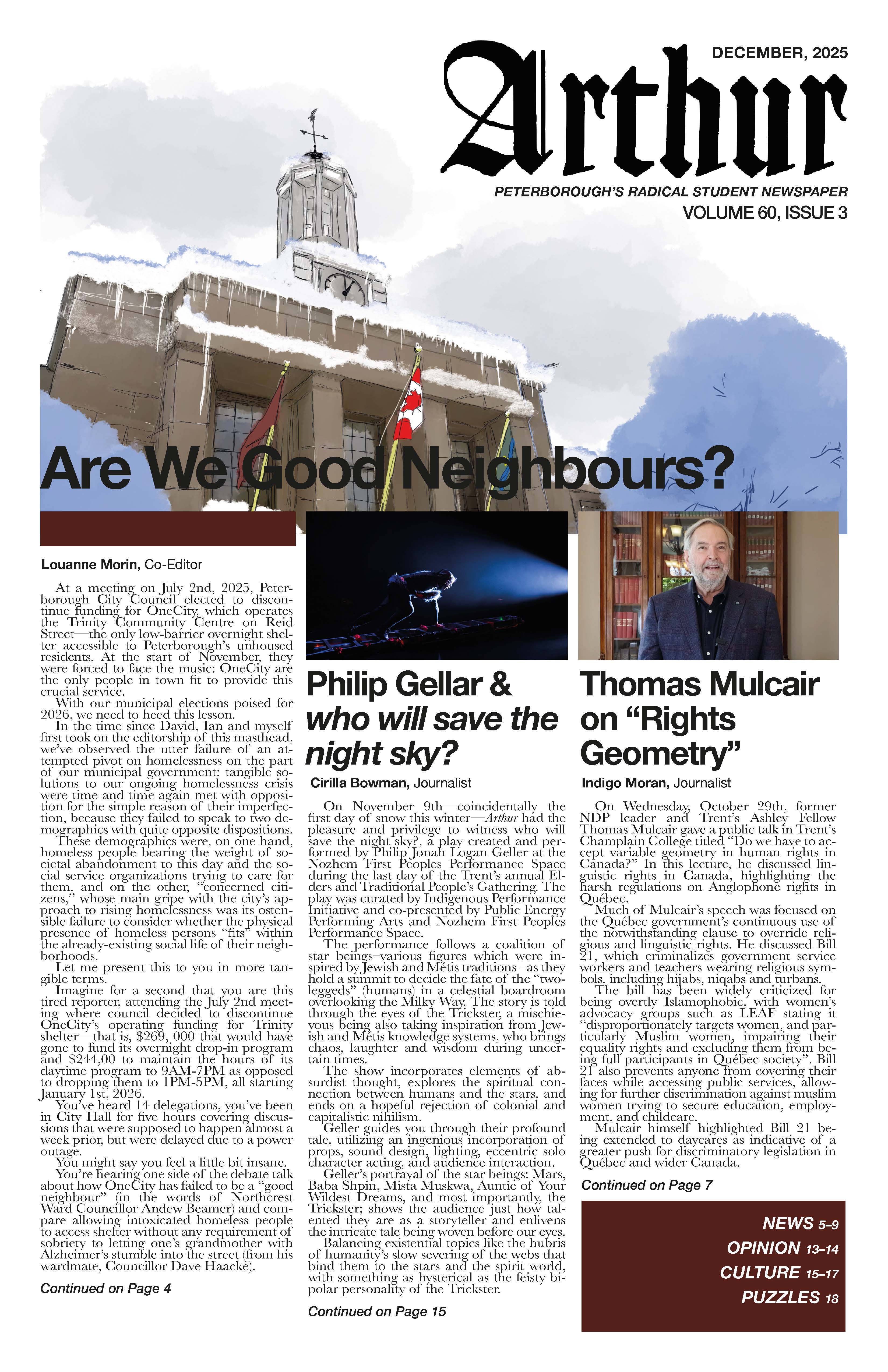
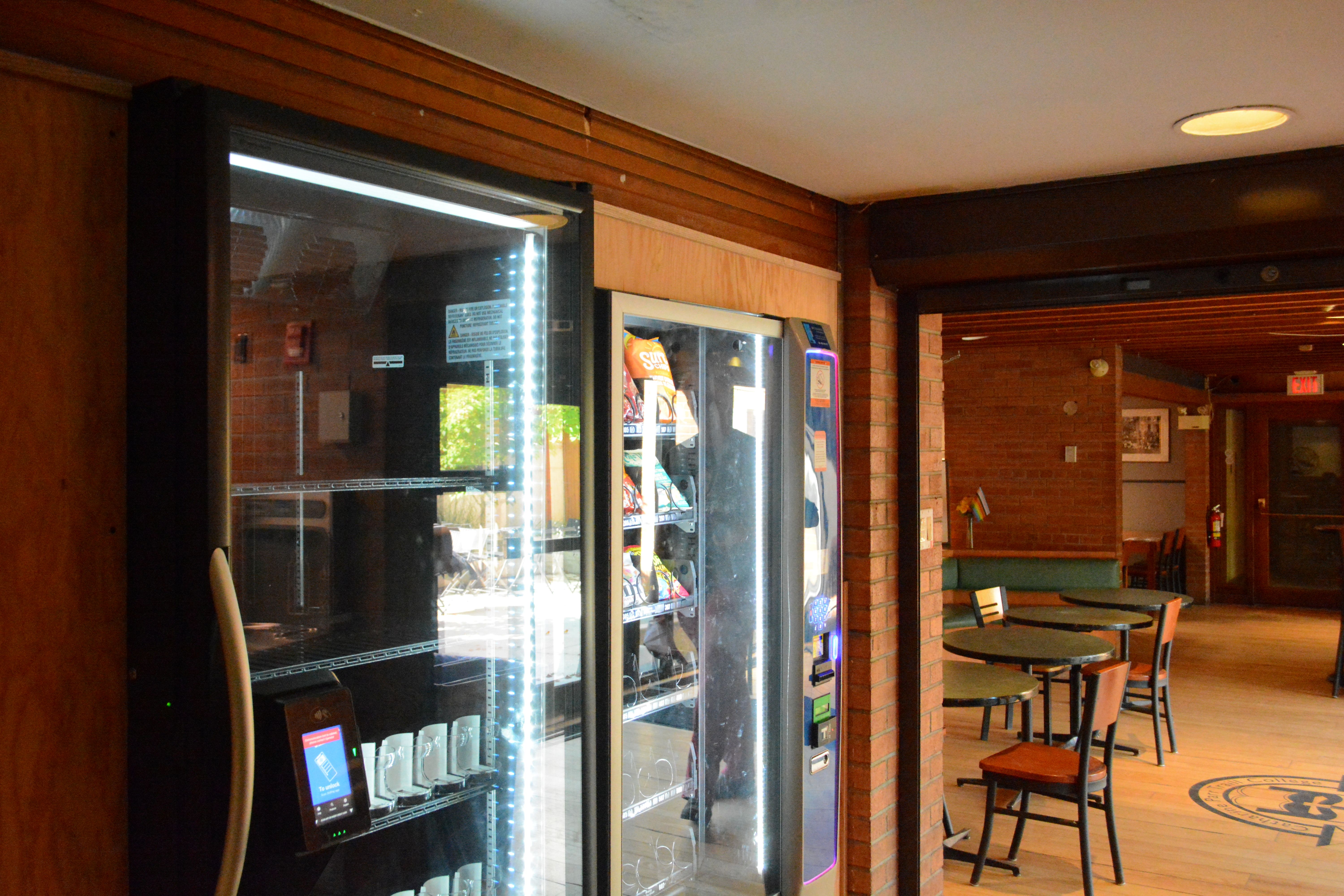


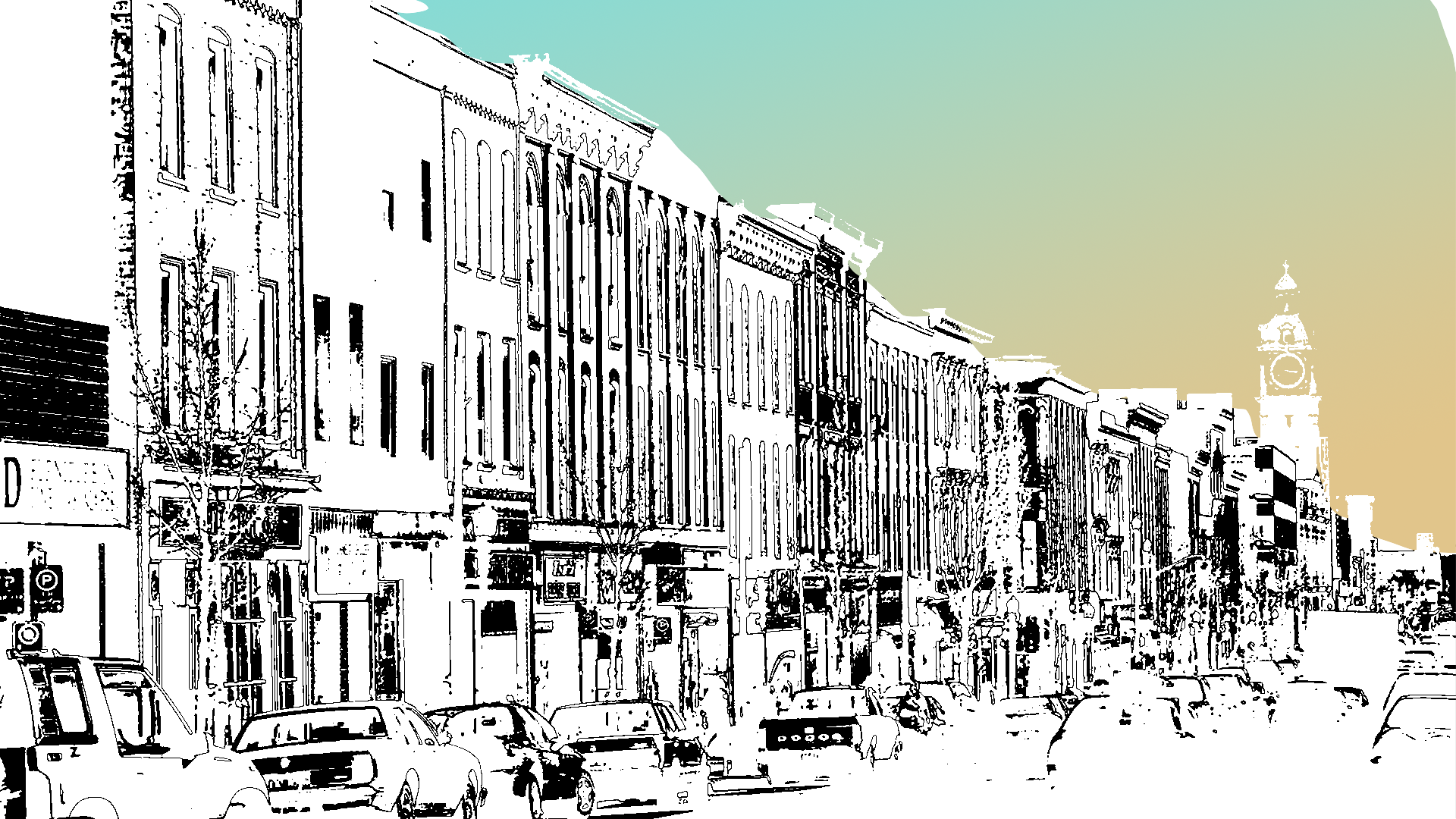
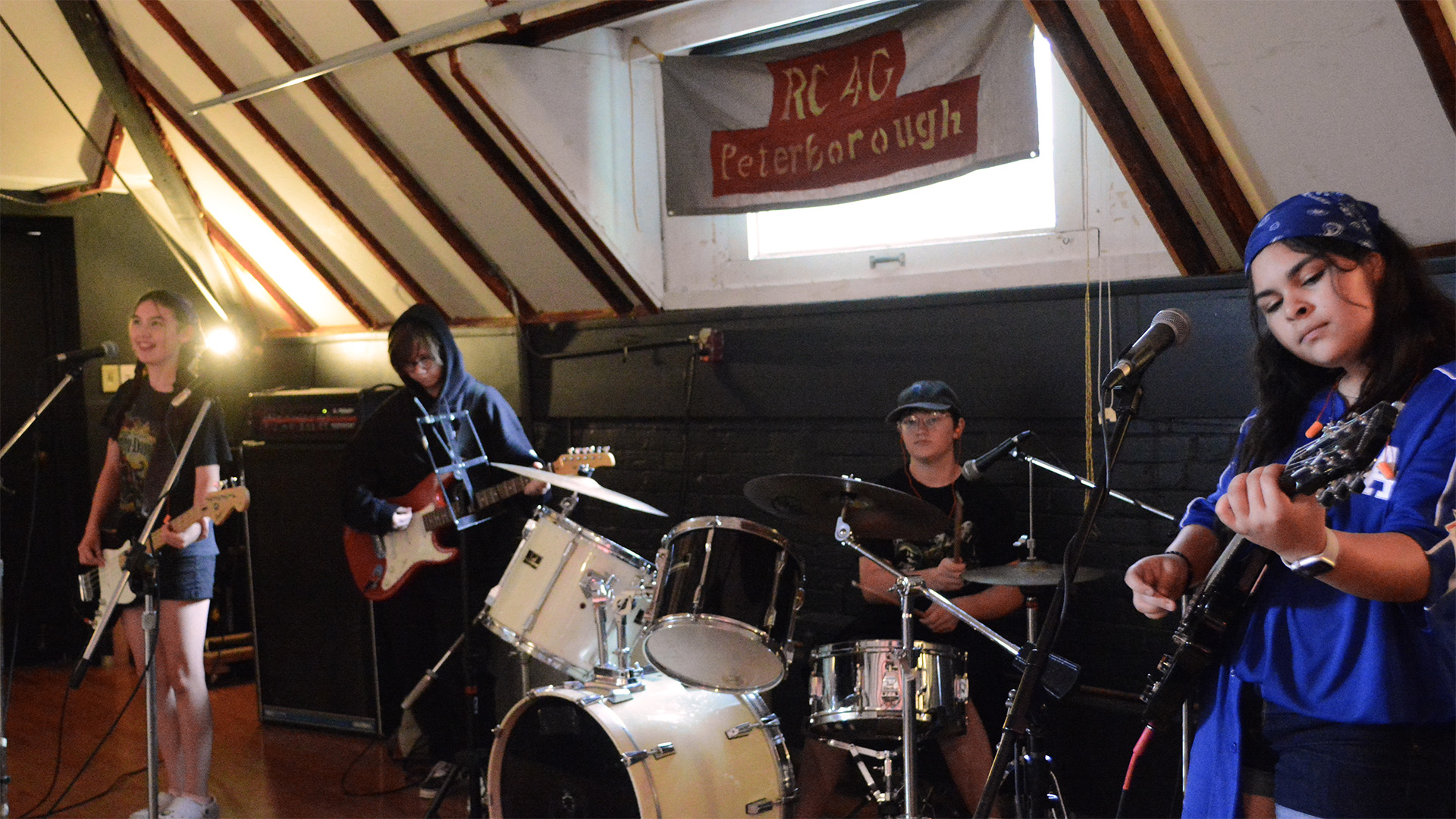
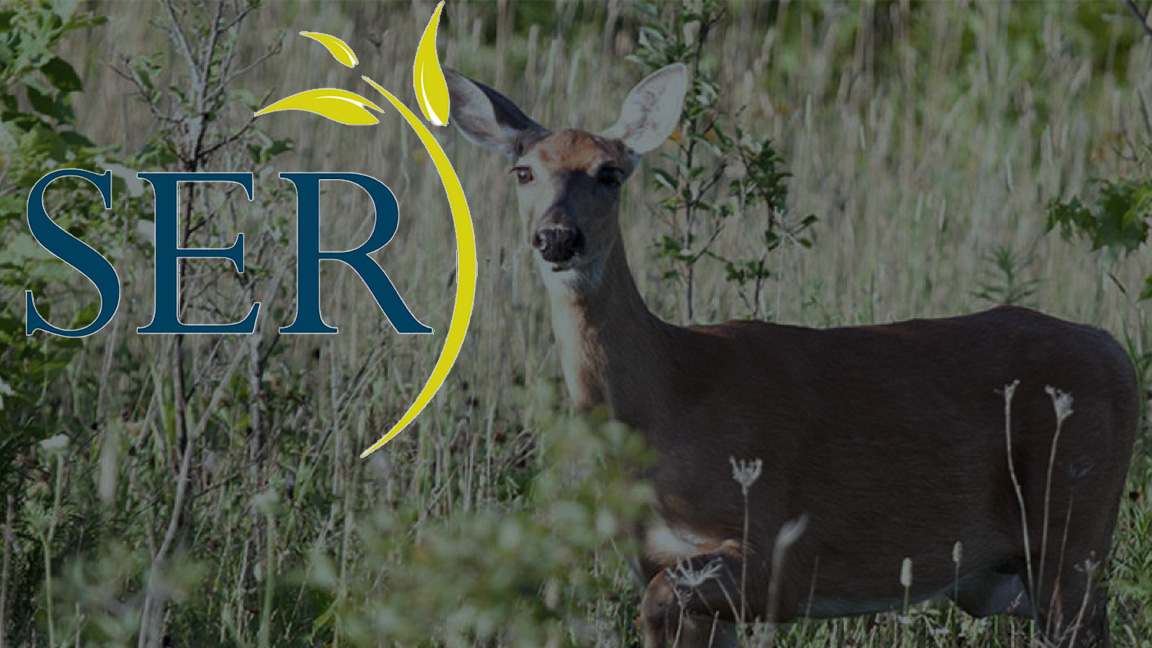
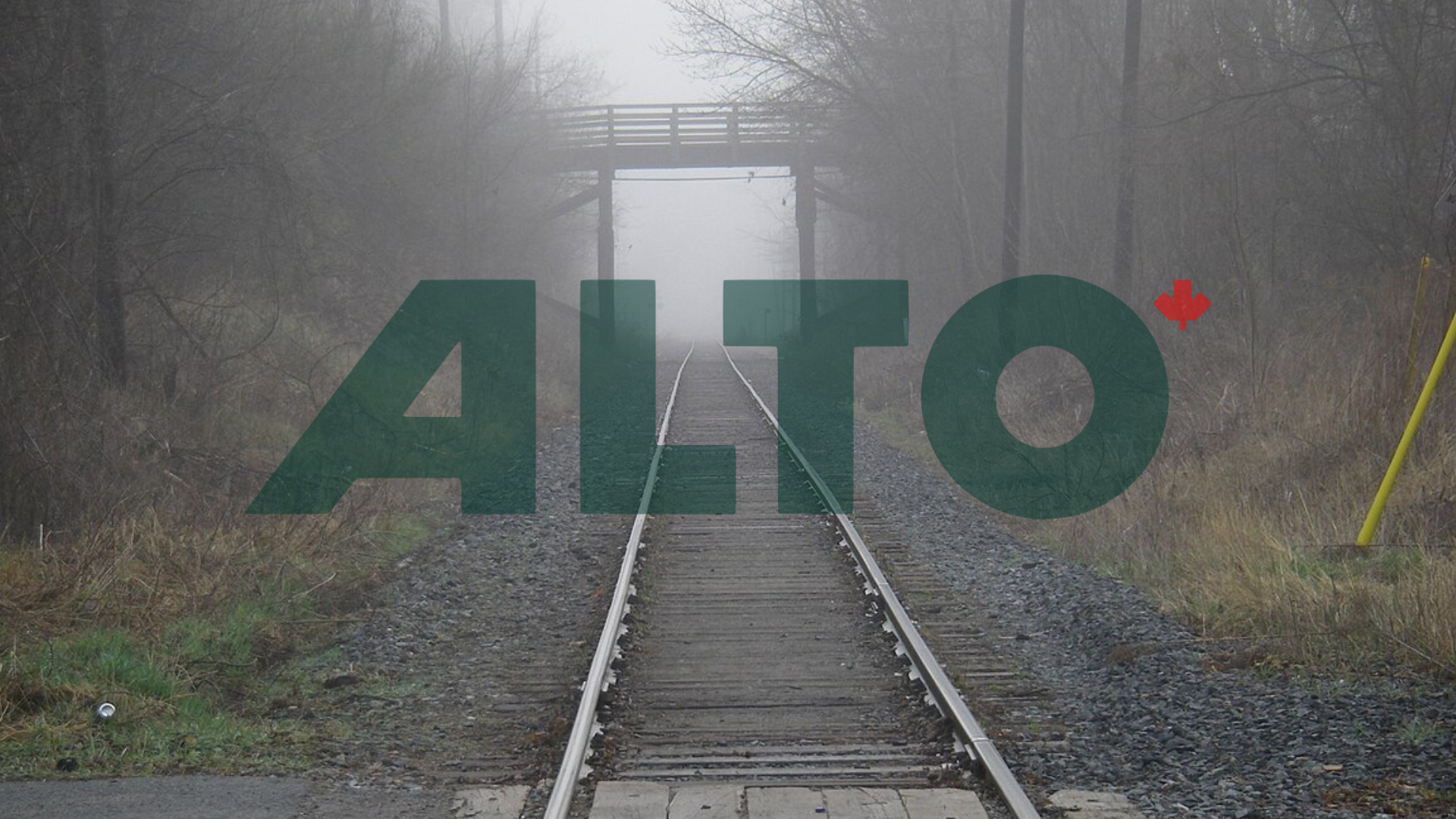

.png)